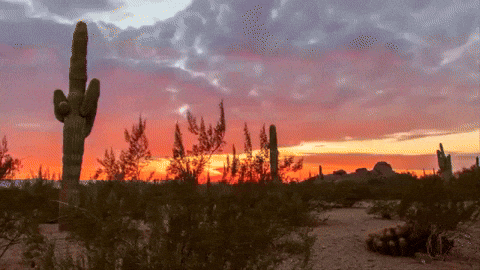
Service was almost a family tradition. Both of his grandfathers served, and from the time he was young, he knew he would, too. He graduated from high school early and entered ROTC at the University of Arizona, planning to commission at nineteen. His grandfather pulled him aside and said, “Get your stripes before you lead men.” Owen listened. He left school, enlisted in 2003, and by the end of that year, he was in Iraq.
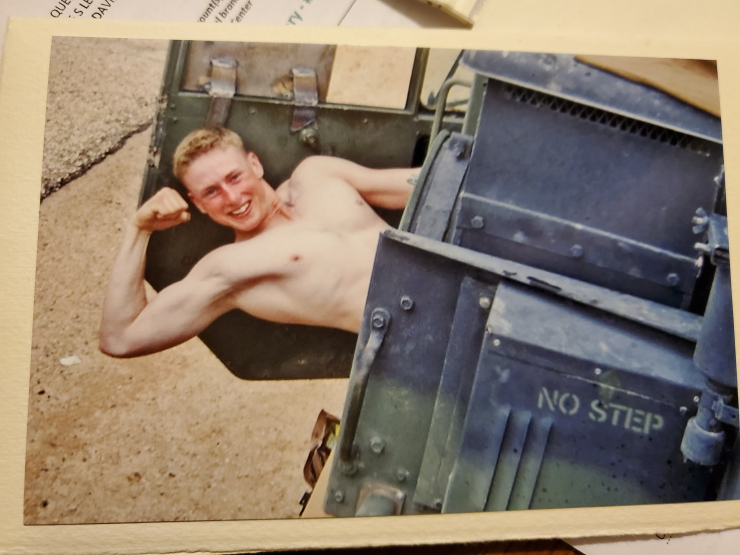
He became the lead gun-truck driver in and around Fallujah. He called that job “the bomb magnet.” For months, his team reinforced soft-skin Humvees with improvised steel just to have some kind of protection.
-2__body-content-image.jpg)
Later in the deployment, the unit finally received up-armored vehicles, and during one of those convoy movements, an IED detonated ten meters in front of Owen’s truck. The blast was equivalent to three 155 shells wired together. The wound radius on even one 155 can be lethal at 50 meters. Somehow, he survived. He was semi-conscious, yet still steered nearly a kilometer out of the kill zone.
He received the Purple Heart for that injury. The physical wounds were only part of what he carried. Surviving the blast was just the beginning.
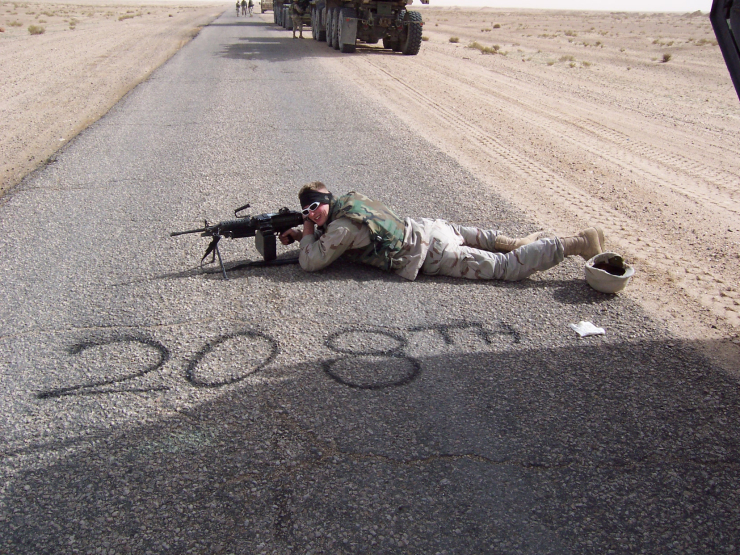
Owen did polytrauma care and speech rehab through the VA. Doctors encouraged him to push his brain, so he forced his way through college classes that once came easily and now took everything he had. He accepted the “new normal” they told him to expect.
Years later, the symptoms returned with force. Insomnia. Memory failures. Driving somewhere and not remembering how he got there. It affected his marriage. “It breaks your heart when your wife thinks you’re not listening,” he said. “Sometimes I would forget what she said ten seconds ago.”
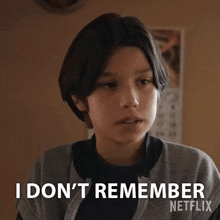
Medications came and went, often with side effects that made life harder, not easier.
Things started to change for Owen when he joined a community care program in Idaho and met a clinician named Sam. He tried supervised ketamine to help his brain heal and then completed forty sessions of Hyperbaric Oxygen Therapy (HBOT). And it helped.
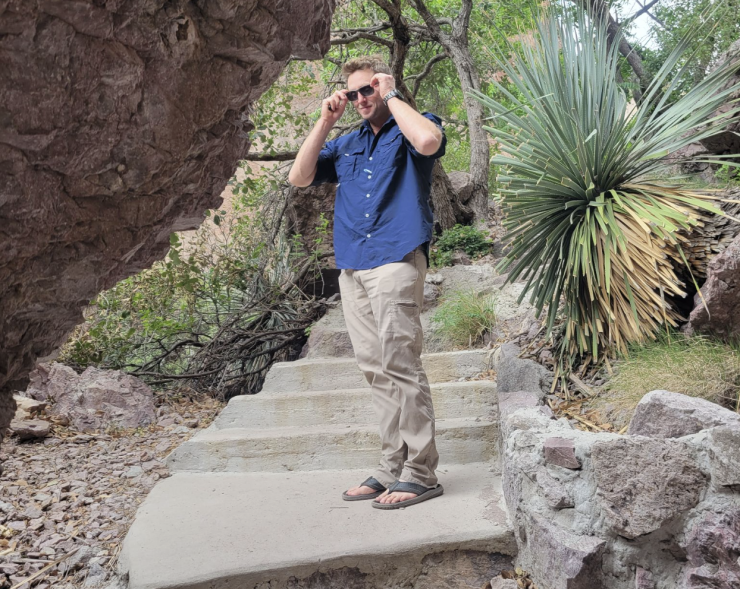
His next block of forty dives was completed at NorthStar Hyperbaric in Tucson under neurologist Dr. Carol Henricks. She used advanced imaging to understand exactly which areas of Owen’s brain needed the most support. Owen called her “an angel.”
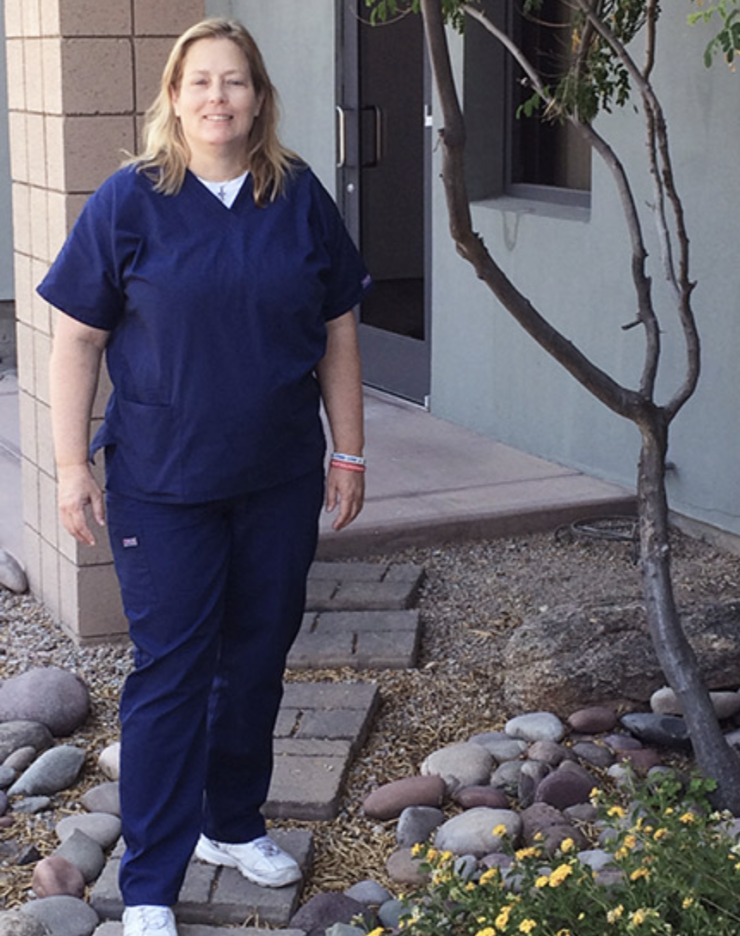
Tragically, Dr. Henricks passed away unexpectedly in October. Her impact on veterans is enormous and impossible to overstate. She will be missed by so many, including all of us at Chive Charities.
Based on Owen’s imaging, he needed more dives and ongoing access so his progress would hold. But the travel was crushing. Owen lives about two hours from Tucson. To complete two dives in one day, he had to drive in, complete a session, wait four hours, complete a second session, then drive home. It totaled nine hours. Deep fatigue, heavy traffic, and a brain trying to heal do not mix.
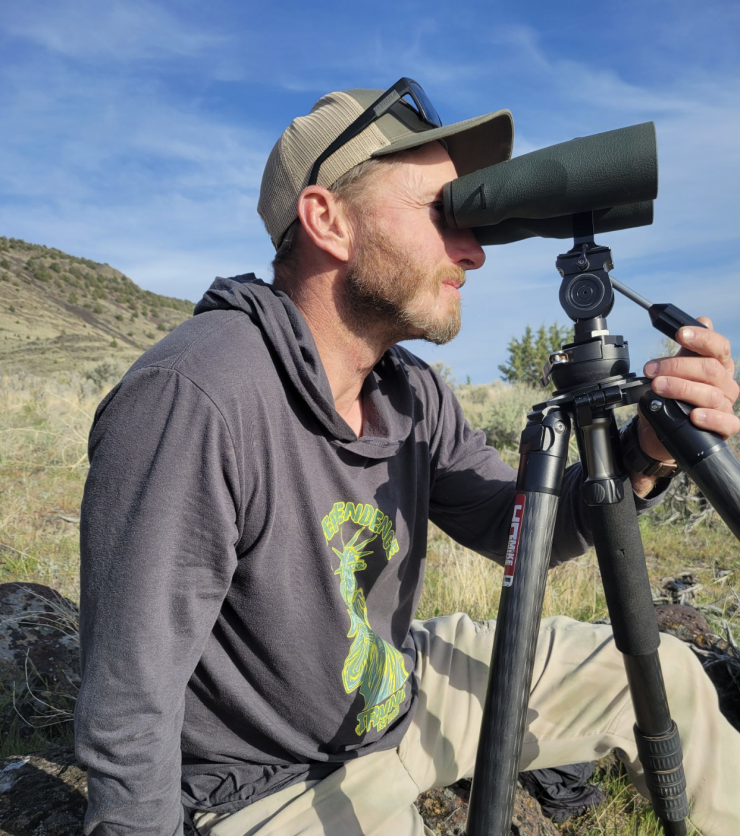
Another veteran at NorthStar told him to look up Chive Charities, and Owen decided to apply for help.
After quick deliberation (he’s a hero, after all), Chive Charities funded an at-home hyperbaric oxygen chamber from Oxygen Health, a total impact of $15,322, so he could continue medically guided treatment safely at home.

“The hyperbaric is a godsend,” Owen said. “It helps me heal. The main thing I care about is having quality of life and being present for my family.”
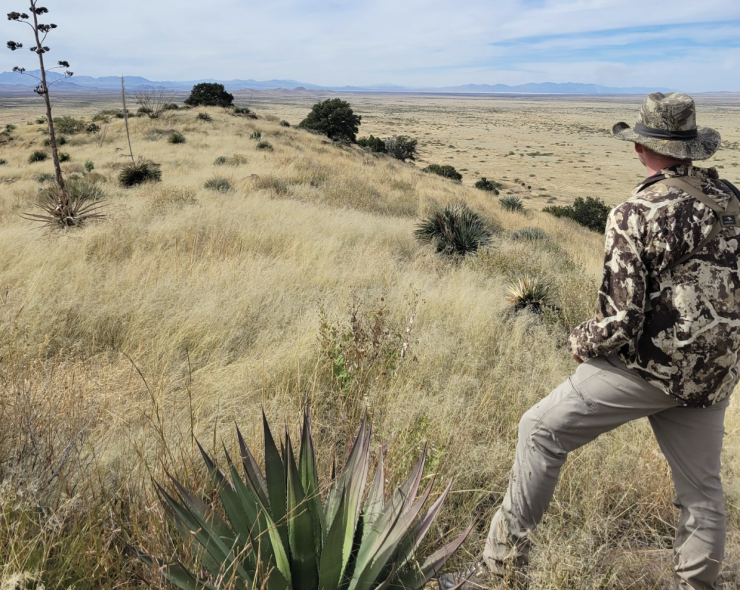
The blast damaged his brain stem and vagus nerve. That threw off automatic functions like heart rate, blood pressure, breathing, digestion, and temperature regulation, and it triggered autoimmune problems. He has already had two sinus surgeries, with a third coming this fall. HBOT has reduced inflammation and steadied his symptoms enough that he can now move forward with the next steps his specialists recommend.
He is also finding purpose again. Owen is an avid outdoorsman.
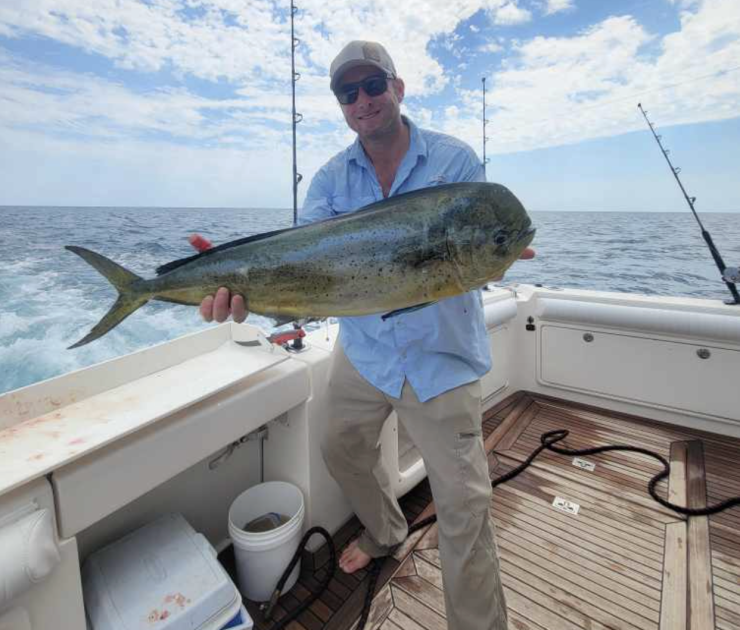
He has found his greatest relief in helping other veterans get back into the outdoors, where silence and nature can settle the nervous system in a way medicine often cannot. He volunteers with multiple Veteran organizations that take Vets into outdoor recreation settings.
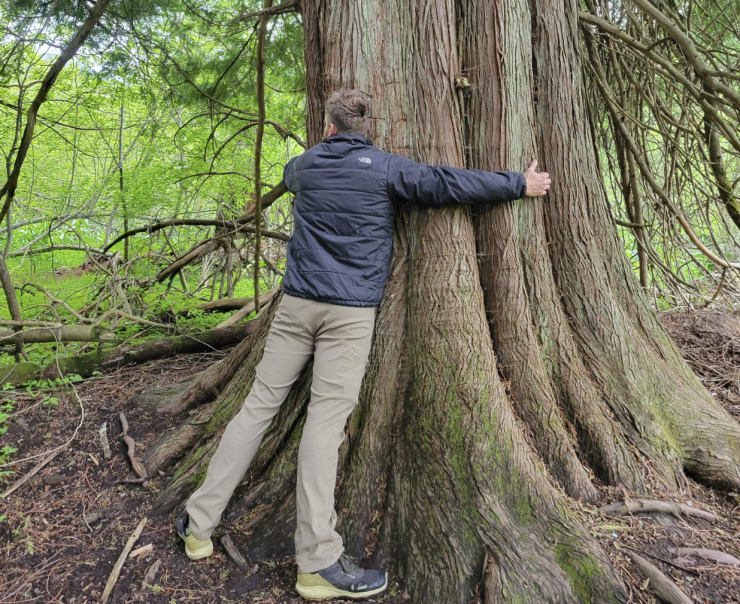
He is a conservationist at heart and believes deeply in enhancing wildlife habitat and conserving open space. In many ways, giving other Veterans the chance to breathe outside the way he was raised to breathe outside has become part of his own healing.
He also shares what he has learned with other Veterans, including resources that helped him see what was possible. He often points people toward the writings of Dr. Norman Doidge, Dr. Dan Engle, and Dr. Kabran Chapek. He knows how hard it is to find the right doors at the right time.
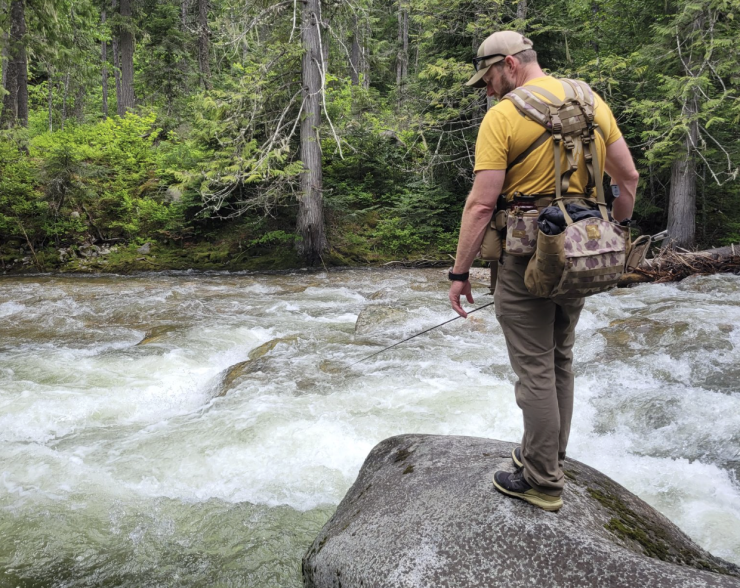
“In the groups I am in, it feels like every other week someone checks out,” he said. “It’s an epidemic. We have to get loud.”
__body-content-image.jpg)
Owen now has a pathway forward. A path he can actually sustain. And Chive Charities donors helped make that possible.
There are more Veterans like Owen who are still trying to hold on. Still trying to figure out where to go next. You can help more of our nation’s heroes by becoming part of our donor community. We can’t do it without you. DONATE HERE.